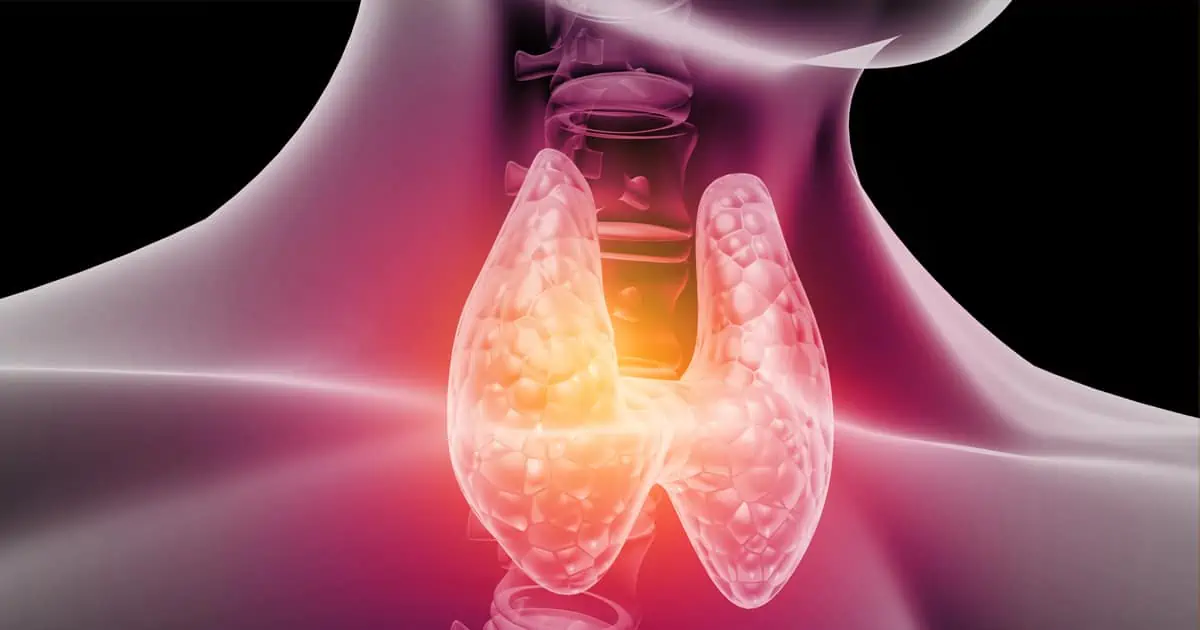Weight loss becomes much more difficult as you get older. No matter how much you diet and exercise, the scale refuses to budge. This can be extremely frustrating, but it’s important to know that it’s not your fault. Your hormones are to blame. More specifically, a hormone imbalance has affected the way that your body regulates your weight. But you don’t have to bear this heavy burden once you realize that losing weight begins by gaining hormones.
How hormones affect weight loss and retention
Hormones are chemicals within the body that are produced by the endocrine system’s glands. These hormones travel throughout the body to the proper organs, systems, and tissues to deliver messages telling systems within the body what to do and when.
Research has shown that as we age, there are changes in hormones that occur naturally; for example, an endocrine tissue may produce less of its hormone than it did at a younger age, or it may produce the same amount at a slower rate. This is followed by a drop in progesterone, DHEA, parathyroid hormone, and calcitonin. Without the right balance of hormones, your body loses the ability to regulate the processes that lead to weight loss. This results in a slower metabolism, an increase in abdominal fat, and less energy for exercise.
Hormone replacement therapy for weight loss
There is good news: you can reverse your hormone imbalance and restore your ability to lose weight by simply replenishing the hormones you’ve lost. Many patients seek hormone replacement therapy to help with weight loss, replenishing lost hormones to help promote increased energy and metabolism.
However, not all hormones are created equal, so medical experts recommend selecting a hormone replacement therapy that uses bioidentical hormones rather than synthetic ones. Bioidentical hormones are preferred because they’re tailored to have the same molecular structure and biological effect as the hormones produced by your body. Research shows that bioidentical hormones may be safer and rarely cause side effects.
What hormones make you lose weight?
Once you realize how various bioidentical hormones affect the way your body regulates your weight, you can understand why hormone replacement therapy may help with weight loss. When added to a healthy diet and proper exercise, these hormones can help you take off the weight. Hormones that help with weight loss include:
- Testosterone: This sex hormone produced by both men and women inhibits fat storage, especially in the abdomen. Low levels cause sugar cravings and may lead to insulin resistance.
- Estrone: This form of estrogen helps women control their appetite and sugar cravings.
- Progesterone: This sex hormone facilitates the conversion of stored body fat to energy. It is often used in HRT for women since an imbalance of progesterone causes women to overeat.
- DHEA: A hormone that promotes weight loss by increasing the body’s metabolism, preventing fat storage, and decreasing the appetite for dietary fats.
- Human Growth Hormone (HGH): Naturally produced in the pituitary gland, this hormone is needed to convert body fat into muscle mass. It also inhibits the production of body fat and decreases the visceral and subcutaneous fats.
- Insulin: In addition to regulating fat metabolism, this hormone causes glucose absorption in the liver, muscles, and fat tissues.
- Incretin: This hormone helps ensure an appropriate insulin response after eating by preventing elevated glucagon levels, producing a sense of fullness, curbing food intake, and slowing the rate of gastric emptying.
- Pregnenolone: A powerful hormone that appears to regulate other hormones to prevent the abdominal fat storage and stress caused by cortisol, keep metabolism high, improve brain function and memory, and provide rejuvenating effects.
By replenishing your ideal amounts of these hormones through bioidentical hormone replacement therapy, you can get your hormones back in balance and your weight loss back on track.
SOURCES:
- Medical News Today – What to Know about Hormone Imbalances
- Medline Plus – Aging changes in hormone production
 East Delray, Florida
East Delray, Florida West Delray, Florida
West Delray, Florida The Boca Raton, Florida
The Boca Raton, Florida Midtown Miami, Florida
Midtown Miami, Florida Carillon Wellness Resort
Carillon Wellness Resort  Williams Island
Williams Island  Midtown Tampa, Florida
Midtown Tampa, Florida Life Time
Life Time Grand Wailea
Grand Wailea  NOW OPEN
NOW OPEN  COMING SOON
COMING SOON 
